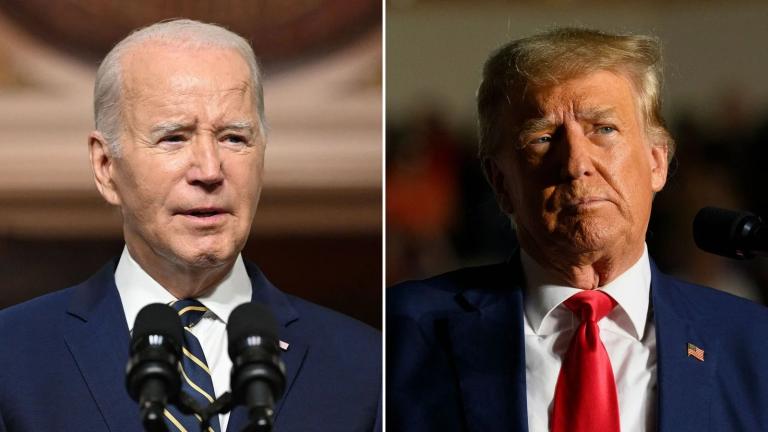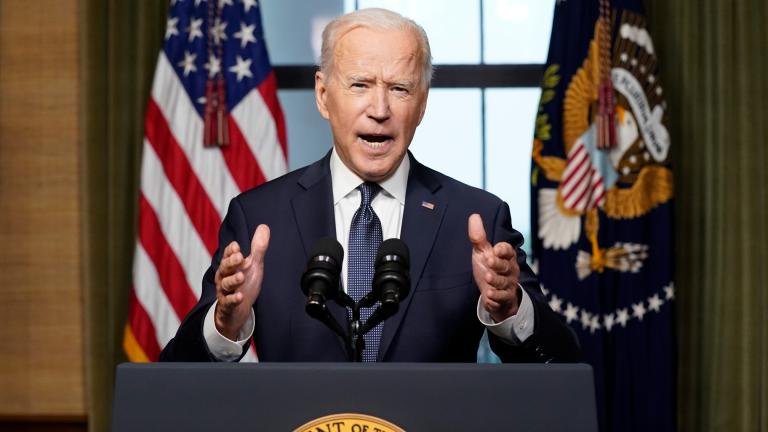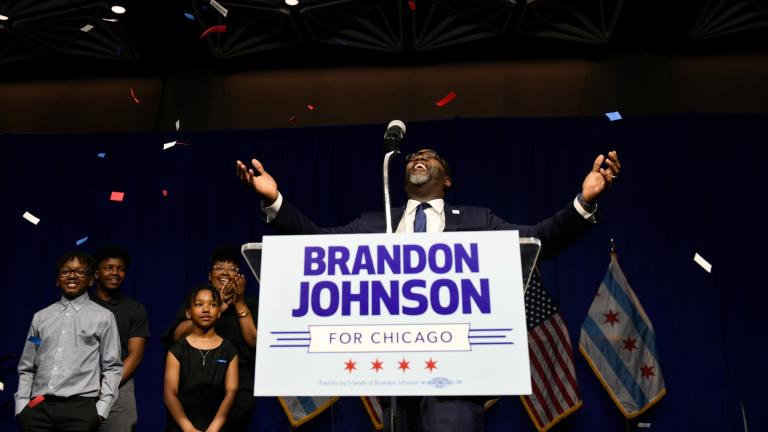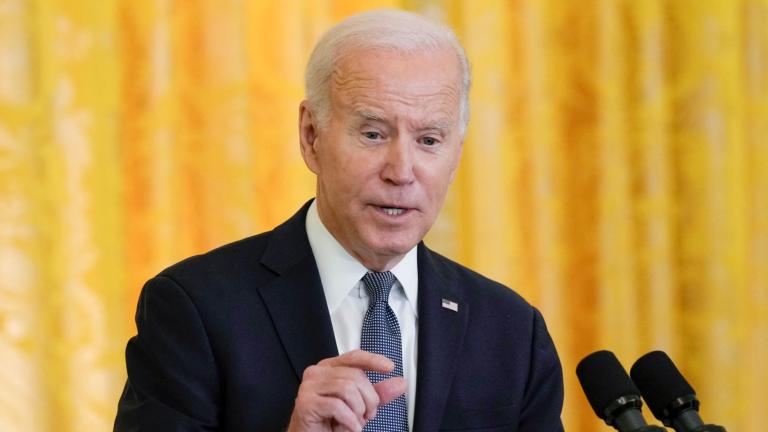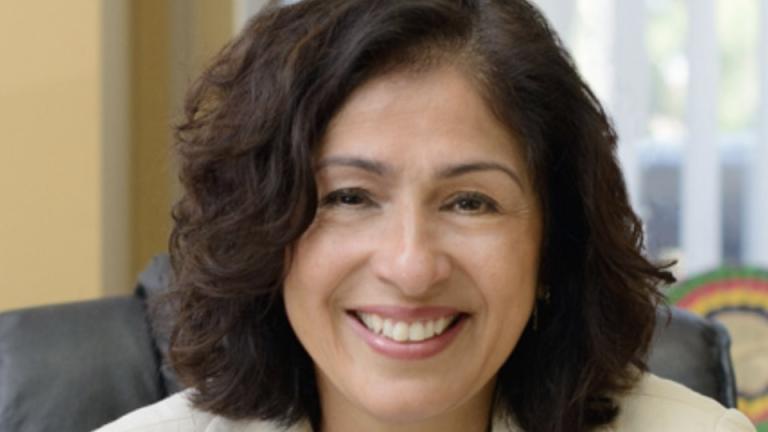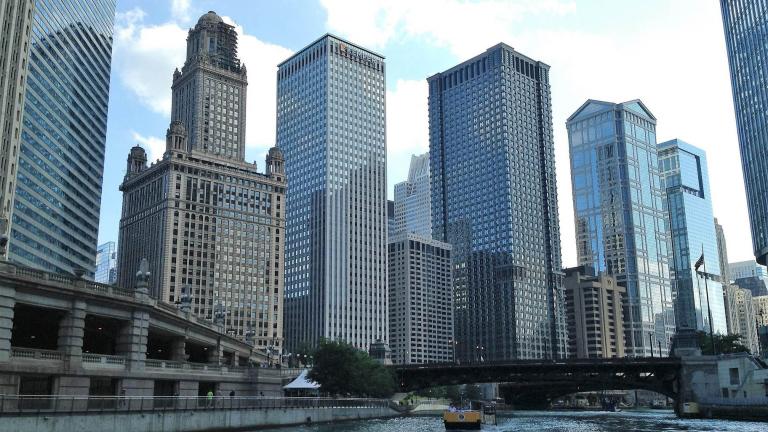Black Americans have historically been the most reliable voting block for the Democratic Party for decades.
But in her book, “Black Skinhead: Reflections on Blackness and Our Political Future,” Chicago native and Harvard research director Brandi Collins-Dexter says the picture is much more nuanced.
Through interviews with voters across the country, she explores the perspectives of Black voters who are disillusioned with the Democratic Party — and why she says all political parties need to pay attention.
Read an excerpt from “Black Skinhead: Reflections on Blackness and Our Political Future.”
For eight years, the Obamas had painted a striking picture of the Black American Dream— an idyllic representation of Black success combined with political and cultural power. They had presented a fairy-tale bootstraps narrative and leaned into the belief that we can all make it if we try.
The Obamas’ message was that the American Dream is for all of us; we just need the audacity, grit, and intellect to reach for it. And, in some ways, this was true. New doors were open for Black people, and anyone who had been implicitly and explicitly told that they could not make it to the White House because they didn’t look the part.
The Obamas’ message was also that if we work within the system together, pushing through lingering challenges, we can make it truly work for us. That you get what you earn. That those who previously held power can’t keep us all out, and those of us who are able to break through will come back for the rest of us. That the public and private systems that shape our everyday lives aren’t broken. That the real problem is those who control the systems and the people who don’t show up to vote. Here’s where they start to lose me a bit.
As aspirational as that moment of seeing Michelle Obama onstage was, symbolizing passing the baton from the matriarch of the first Black First Family to the presumed first woman president, her story wasn’t a reality for many Black families. The success she had achieved by working within the system was still out of reach for a lot of Black Americans.
Going into November of 2016, we had been told that everything was fine, that America was working for everyone, and that the American Dream was attainable for all. But, in reality, everything was not fine, and nothing showed this quite as starkly as the election of Donald Trump as Barack Obama’s successor. Shock and dismay reverberated through the media. How had this happened? Who had voted for Trump? How had such a seemingly seismic shift occurred overnight?
But for those who had been paying attention, there had been warning signs that the Obamas’ version of the American Dream wasn’t working for everyone. That it hadn’t been working for many white Americans was immediately and loudly discussed, but the truth—and what I set out to write this book about—was that it hadn’t been working for many Black Americans either. For many, President Obama’s vision had been more illusion than reality all along.
As I set out on a journey to get to the heart of Black political identity, a process that involved extensive interviews with Black people from all across the ideological spectrum, the voices of Black Trump supporters loomed larger than most. They haunted my dreams, telling a different tale about Black politics and Black America, one that countered white America’s long-held assumption that Black voters will always vote Democrat—and even that the Democratic Party is the best bet for Black Americans.
For me, the true canary in the coal mine was also perhaps the most unlikely: musician Kanye West, who had been trying to tell us for years. In Kanye’s own journey, I found the perfect allegory to tell the story of how the once unshakable Black Democratic voting bloc has become increasingly fractured. In Kanye, I found a way to tell the story about a Black America that had become disillusioned with the failed promises of their country.

